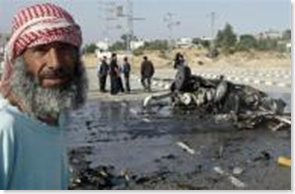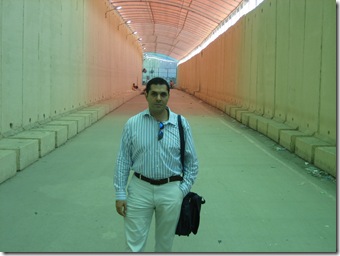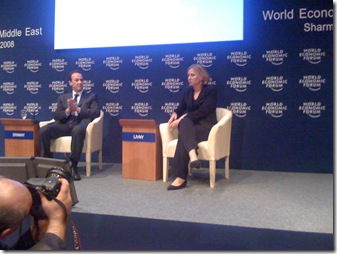Tony Blair Recommends OneVoice to British Government
Published under Europe, Israel, Middle East, Mideast Negotiations, OneVoice Movement, Palestine, PeaceWorks Foundation, United Kingdom Jun 21, 2008Full Transcript here. Some excerpts:
Q151 Hugh Bayley: I agree, from my visits to the region, that a majority on both sides want peace, and the only prospect for that is to have a two-state solution, but the majority who want peace are marginalised time and again by acts of violence, whether it is a missile being fired over the border into Israel or the use of violence by the Israeli security forces. You can take the parallels with Northern Ireland too far, but it was undoubtedly the case in Northern Ireland that community groups on both sides – the Falls Road and the Shankhill – started saying, "We want peace", and they reduced the political space within which the terrorists operated. You have talked about a series of high-level talks you are involved with, but I think there is a need to nurture and strengthen community organisations of moderate Palestinians and moderate Israelis to try and nurture that space for discussing a future of co-existence. To what extent would you like to see DFID and other donors working in this area and what should they be doing?
Mr Blair: I think it is a very worthwhile exercise for them to work on. If you take an organisation, for example, like One Voice, which is for the young people, who are lovely young people, if that is the future on both sides it would be bright. I think it is very important to encourage a sort of civil society exchange at the same time, and I think that those are things that are easy to do and very worthwhile.















